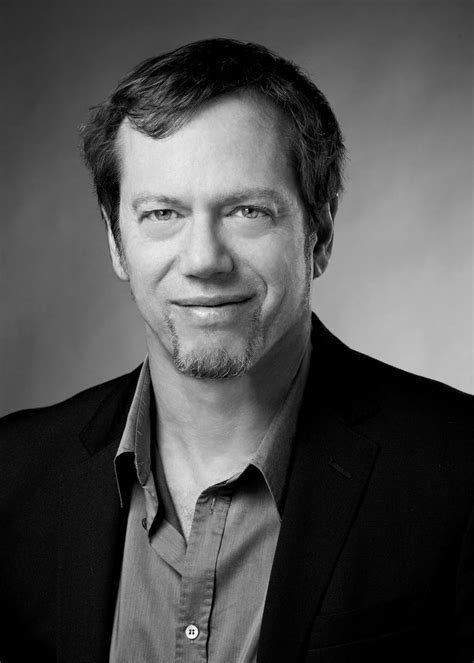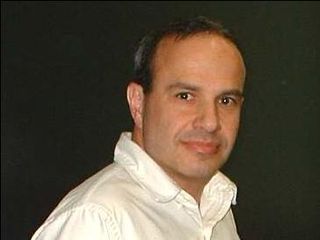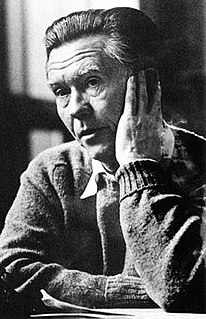A Quote by Alan Kay
Science requires a society because even people who are trying to be good thinkers love their own thoughts and theories - much of the debugging has to be done by others.
Related Quotes
Good science is more than the mechanics of research and experimentation. Good science requires that scientists look inward-to contemplate the origin of their thoughts. The failures of science do not begin with flawed evidence or fumbled statistics; they begin with personal self-deception and an unjustified sense of knowing.
One of the greatest sources of problems in our society arises from people having loads of wrong theories in their heads - often theories that are critical of others - that they won't test by speaking to the relevant people about them. Instead, they talk behind people's backs, which leads to pervasive misinformation.
Manliness has been defined as assertion of the self. Womanliness has been defined as the nurturing of selves other than our own - even if we quite lose our own in the process. (Women are supposed to find in this loss their true fulfillment.) But every individual person is born both to assert herself or himself and to act out a sympathy for others trying to find themselves - in Christian terms, meant to love one's self as one loves others ... Jesus never taught that we should split up that commandment - assigning 'love yourself' to men, 'love others' to women. But society has tried to.
Even mistaken hypotheses and theories are of use in leading to discoveries. This remark is true in all the sciences. The alchemists founded chemistry by pursuing chimerical problems and theories which are false. In physical science, which is more advanced than biology, we might still cite men of science who make great discoveries by relying on false theories.
Newton's theory is not 'not right', it just does not cover all distances. Contrary to popular belief, theories in science are not proven wrong, they are just replaced by more complete and convenient theories. To sound provocative, even the geocentric theory was never "proven" wrong, it is just not as convenient as the heliocentric theory, since it requires endless epicycles.
We now possess four principles of morality: 1) a philosophical: do good for its own sake, out of respect for the law; 2) a religious: do good because it is God's will, out of love of God; 3) a human: do good because it will promote your happiness, out of self-love; 4) a political: do good because it will promote the welfare of the society of which you are a part, out of love of society having regard to yourself. But is this not all one single principle, only viewed from different sides?
I have a feeling that art is something you do for yourself, and that any time you turn your decisions over to someone else you're postponing at best, your own development. The atmosphere of the workshop should be that of trying out one's own work and accepting the signals from others but not accepting the dictation of others because that is a violation of the spirit of art. Art can't be done by somebody else, it has got to be done by the artist.
Audiences of critical thinkers are my favorite kinds of audiences. There are jokes I tell in the show that don't get laughs unless I am in front of an audience of critical thinkers. Put me in front of a crowd of science teachers or astronauts! The guileless aren't our audience - it's the critical thinkers we love.
Any individual can contribute its own belief. And our society or even our government are made by the people. The people would have the final voice, but it requires each individual to act. If we don't act, then the result is very clear. So for too long Americans take liberty as granted. We think we are in the safe hand, the democracy and the liberty, which is not true. And it can be even getting much worse than today.




































